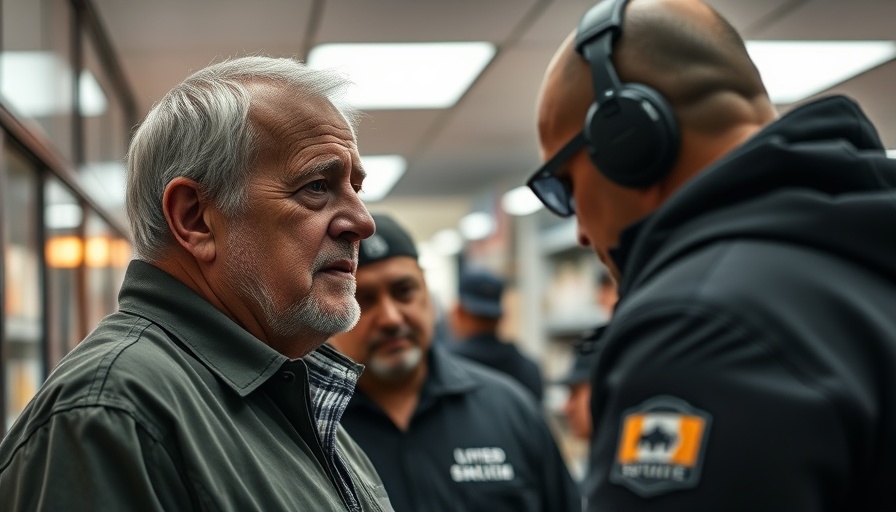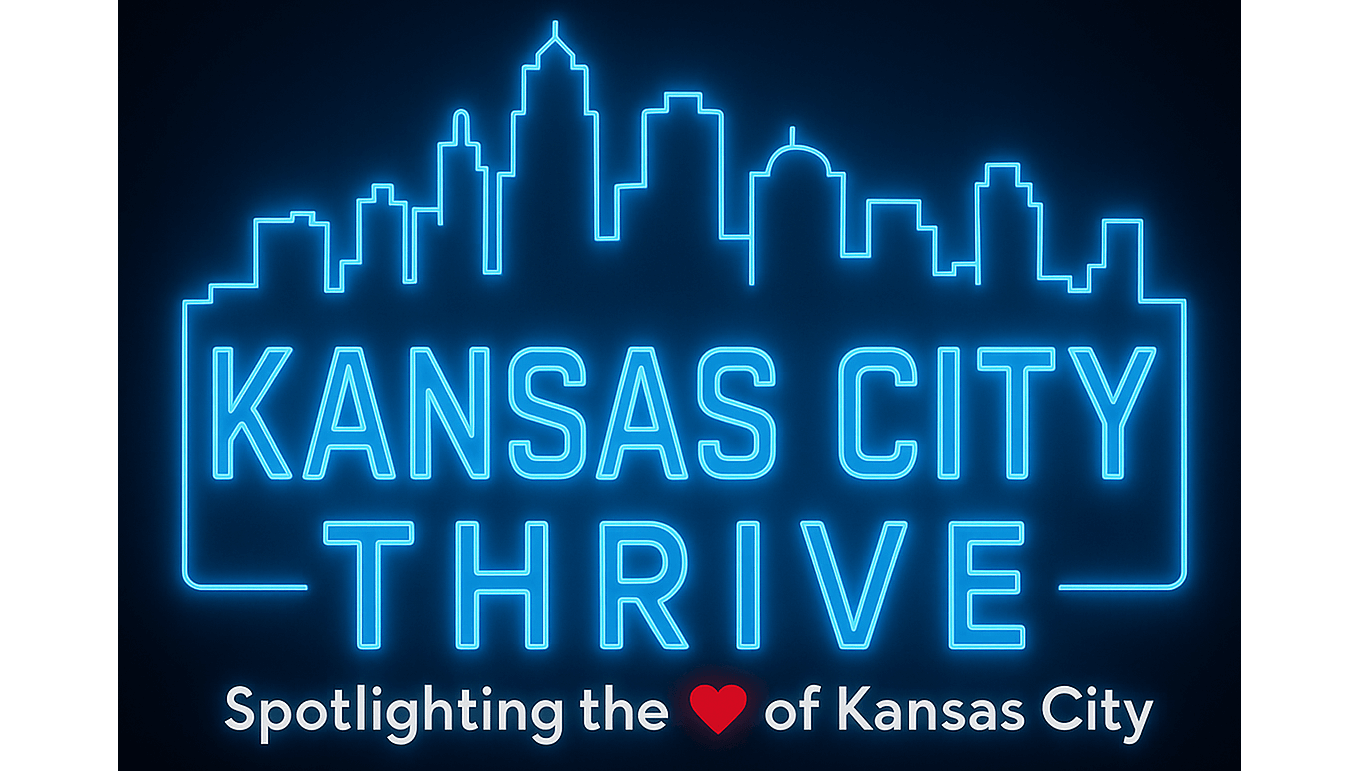
A Tragic Incident in Las Vegas: The Death of a Customer
In a shocking turn of events during the summer of 2020, a Las Vegas convenience store became the scene of a fatal confrontation that highlighted the heightened tensions of the COVID-19 pandemic. Security guard Kegia Mitchell was sentenced to 5 to 14 years in prison for the involuntary manslaughter of 56-year-old Thomas Martin outside a 7-Eleven store. This incident raises critical questions about the societal impacts of the pandemic and the responsibilities of those charged with enforcing safety protocols.
The Circumstances of the Shooting
The events unfolded on August 26, 2020, when Kegia Mitchell was managing the number of customers allowed into the store, a necessary measure implemented to mitigate the spread of COVID-19. Tensions escalated when Martin attempted to bypass the line, leading to a confrontation. According to eyewitness accounts and security footage, Mitchell was seen arguing with Martin as he expressed frustration over being denied entry, ultimately pushing his way into the store.
Witnesses detailed that prior to the shooting, Martin was angry and threatening; however, the situation rapidly spiraled into chaos when Mitchell drew her firearm. In a moment of panic, as Martin turned to challenge Mitchell, the gun discharged, resulting in a tragic death.
The Impact on Families and Communities
This incident not only affected the immediate individuals involved but also had a cascading impact on both families. Thomas Martin's son reflected on the heartache connected to his father's death, emphasizing that he was excited to meet his newest granddaughter—a moment that will now forever remain unfulfilled due to that fateful encounter.
In the court proceedings, Mitchell expressed her remorse through tears, stating, "I didn’t mean to take this man’s life, I did not." Such emotional appeals raise larger questions about the mental toll on individuals forced to enforce measures intended to protect public health. With the onset of the pandemic, stress levels soared across sectors, especially among security personnel tasked with navigating volatile and emotionally charged situations.
Understanding the Legal Ramifications
Mitchell entered an Alford plea, a legal strategy that allows defendants to accept a plea deal without admitting guilt while acknowledging that a conviction could be probable if the case went to trial. The charges were ultimately changed from murder to involuntary manslaughter, which reflects the complexity of the situation at hand, considering the stress and heightened emotions associated with the pandemic’s restrictions.
Defense arguments emphasized how the pressure to enforce COVID-19 guidelines led to this tragic outcome, demonstrating the need for deeper safety protocols and training for security staff. The importance of adequate training in conflict resolution and firearm handling cannot be emphasized enough, especially when personal lives could be at stake.
The Broader Context of COVID-19 Safety Measures
The COVID-19 pandemic forced society to adopt numerous safety protocols which often put individuals into confrontational scenarios. This incident is a grim reminder of how dangerously high tensions can escalate in everyday public interactions. As we continue to navigate future pandemics or health crises, society must improve crisis management training for security personnel and consider the emotional and psychological pressures at play.
Mitchell’s case illuminates the broader societal ramifications of pandemic-related policies, as individuals across various sectors have borne the brunt of enforcing such guidelines in challenging environments. Addressing how these roles are structured can lead to measures that prioritize the safety of both enforcing personnel and the public they serve.
A Call to Address Systemic Issues
This tragic incident underscores a need for a systemic review of how security personnel are prepared and supported within their roles. More comprehensive training programs in de-escalation and mental health awareness could significantly reduce the risk of violence during high-stress situations. Additionally, community outreach programs that foster dialogue between security providers and the public may create an atmosphere of understanding rather than hostility.
The painful outcome of this case encourages stakeholders to reflect on existing safety measures and the methods adopted by those responsible for enforcing them. In a world that continues to grapple with public health crises, these conversations are more critical than ever.
Conclusion: Reflecting on Lives Lost and Lives Changed
The case of Kegia Mitchell and Thomas Martin reminds us of the fragility of life amid a global crisis. As we commemorate the lives lost, we must also remain vigilant about preventing further tragedies. Whether through policy changes, enhanced training for security personnel, or supporting families affected by such violence, a community effort is essential. Readers are invited to engage in conversations and initiatives that promote understanding, safety, and respect for all individuals involved in enforcing public health guidelines.
 Add Row
Add Row  Add
Add 





Write A Comment